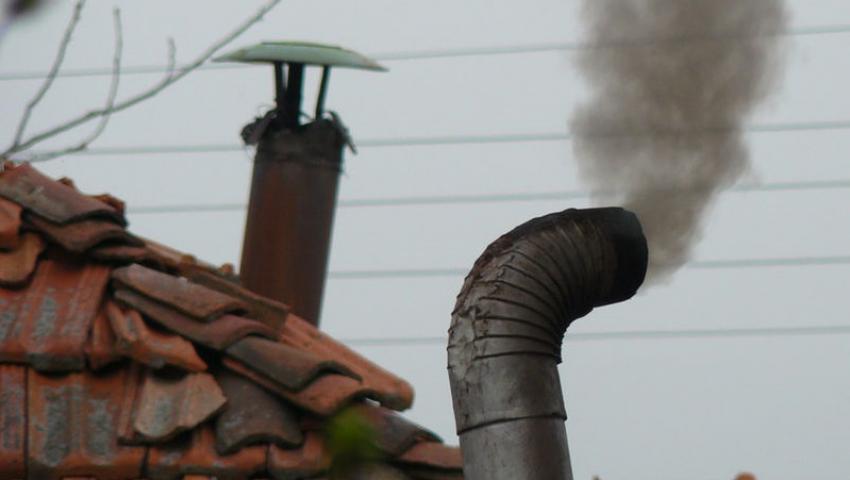Low-emission zones in cities will be introduced with fewer cars and limiting heating appliances
The Bulgarian MPs adopted at first reading amendments to the Clean Air Act

Effective low-emission zones in cities are created by the amendments to the Clean Air Act, which the deputies adopted at first reading with 78 votes in favor, two against and 25 abstentions.
Municipal councils may determine the procedure and measures for the implementation of the establishment of low-emission zones, for the entry and passage of motor vehicles in the low-emission zones, as well as the restriction of the use of certain types of fuels or heating appliances.
The measures will not apply to motor vehicles with a special traffic regime and to the transport of passengers.
Violators with a fine of up to BGN 500 and a property sanction of up to BGN 1,000
Violators will be fined from BGN 50 to BGN 500 and fined from BGN 200 to BGN 1,000, the bill stipulates.
The National Association of Municipalities in the Republic of Bulgaria (NAMRB) supports the need for the bill because the introduction of low-emission zones corresponds to the requirements of the "National Program for Improving Atmospheric Air Quality 2018-2024" and will help its timely implementation.
The possibility for these public relations at the local level to be regulated by ordinances of the municipal councils will give additional legal certainty to the municipalities during their introduction, commented in its statement by NAMRB.
The Ministry of Ecology has reservations about the bill
According to the Ministry of Environment and Water (MoEW), the changes in the law are being accelerated and they remind that they are especially important for Sofia Municipality, which at the end of December 2020 requested legislative changes for introduction of low emission zones.
The reservations of the Ministry of Ecology are related to the fact that the motives of the bill are that the emissions from the transport sector are the main source of fine dust particles. But in fact the study of the contribution of various sources of fine dust pollution in Sofia must be taken into account. The main source of fine dust particles is actually domestic heating and it should not be underestimated.
The meaning of these zones is that they are considered permanent or for a long period of time, so it is important to assess their effect on air quality in advance. We have serious doubts about the contribution that the amendments will have, the experts from the Ministry of Environment and Water commented in their opinion.
From there, they give an example with one of the proposals, which provides for a restriction on the movement of vehicles for certain periods from 1 October to 31 March, without unsubstantiated data on the contribution of transport. Undoubtedly, there is such a contribution, but it coincides with the heating season, during which the main source of emissions of fine dust particles is domestic heating, and the proposal is to implement measures in the transport sector, which is a prerequisite for not achieving a measurable result.
Hence, they undoubtedly emphasize that the effective introduction of low-emission zones is an extremely important step. But as far as unpopular measures are concerned, which will affect many people, their implementation needs to be analyzed and justified in order to achieve real results. Transport at this stage is a problem for air quality in a small part of the municipalities in Bulgaria. We believe that efforts at the national level should be focused on the source that has been identified as determining, namely domestic heating, according to the MoEW.
New proposals on the bill will be adopted by February 17 before it is considered at second reading in the Committee on Environment and Water and in plenary.
